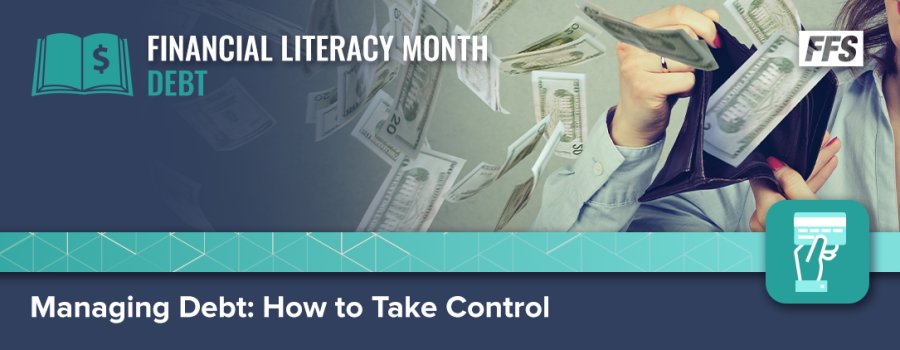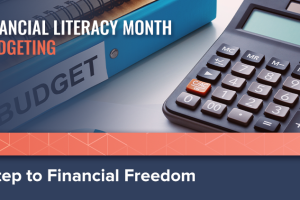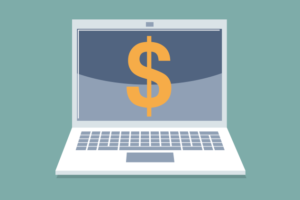April is Financial Literacy Month, a time to focus on building strong financial habits that set you ovup for long-term success. Week 3 is all about debt: how it works, how to manage it, and how to move toward financial freedom.
Debt is often portrayed as negative no matter what, but the truth is a little more complicated than that. Debt, when used wisely, can actually be a powerful tool to grow your net worth. But unmanaged debt can quickly spiral, causing stress and limiting your financial options.
Let’s take a closer look at how to understand, manage, and eliminate debt so you can build a healthier financial future.
Not All Debt Is Created Equal
Debt generally falls into two categories:
- Good Debt: These are loans that can increase your net worth or have long-term value, like mortgages, student loans, or small business loans. These typically have lower interest rates and can be considered an investment in your future.
- Bad Debt: High-interest consumer debt, like credit cards or payday loans, often falls into this category. These debts don’t build long-term value and can be financially draining if not paid off quickly.
Knowing the difference can help you make better decisions about when and how to borrow.
Debt, when used wisely, can actually be a powerful tool to grow your net worth.
How to Manage and Reduce Debt
You don’t have to be debt-free overnight. What matters most is having a plan and sticking to it. Here are some proven strategies:
1. List All Your Debts
Write down each debt, including the total balance, minimum payment, interest rate, and due date. This gives you a clear picture of where you stand.
2. Choose a Payoff Strategy
- Debt Snowball: Focus on paying off the smallest debt first while making minimum payments on others. Once it’s paid off, roll that payment into the next smallest debt.
- Debt Avalanche: Focus on paying off the debt with the highest interest rate first. This saves more money over time.
3. Make More Than the Minimum Payment
Paying just the minimum keeps you in debt longer and increases the total interest paid. Even small extra payments make a big difference.
4. Avoid Taking on New Debt
While you’re paying down existing balances, try to pause credit card use and don’t make any large purchases unless absolutely necessary.
5. Consider Consolidation or Refinancing
If you qualify, consolidating multiple debts into one lower-interest loan can simplify payments and reduce total interest. Just be cautious of fees and terms.
6. Ask for Help
If you’re feeling overwhelmed, consider speaking with a financial professional or credit counselor. There are resources out there to support you on your journey.
Debt does not define your worth. What matters is your plan to move forward.
The Emotional Side of Debt
Debt is more than just a financial issue — it’s an emotional one, too. It can cause anxiety, shame, or complete avoidance. But remember: debt does not define your worth. What matters is your plan to move forward.
Facing debt directly can be empowering. Every payment you make is a step toward financial freedom and peace of mind. This Financial Literacy Month, commit to taking control of your debt — you have the power to change your financial story, one step at a time.
—
Learn more about debt and other Financial Literacy Month topics at Real Secrets of Money. Visit our blog for more insights and connect with a financial literacy teacher to start your journey to financial well-being today.




